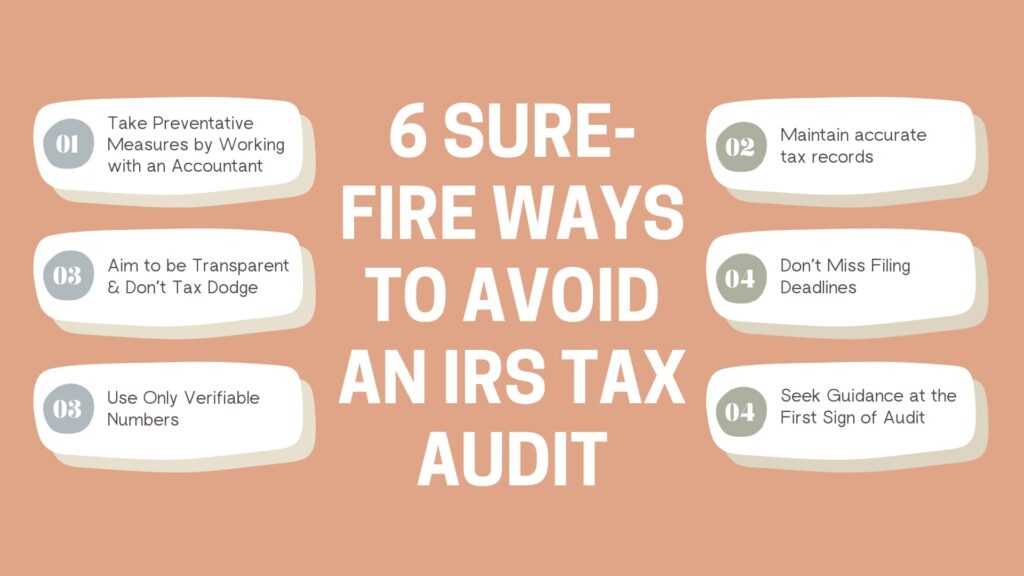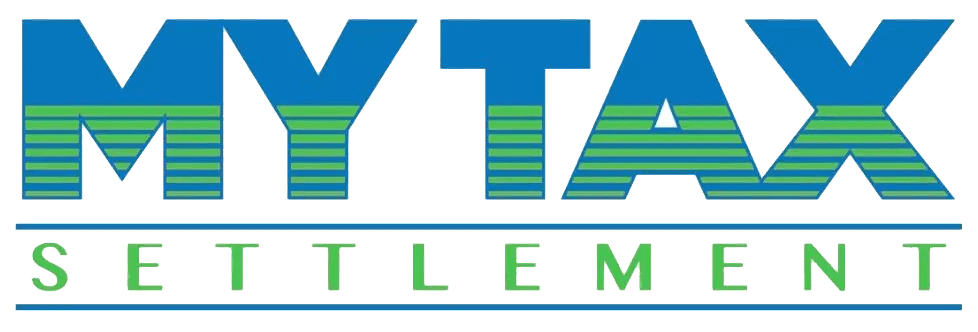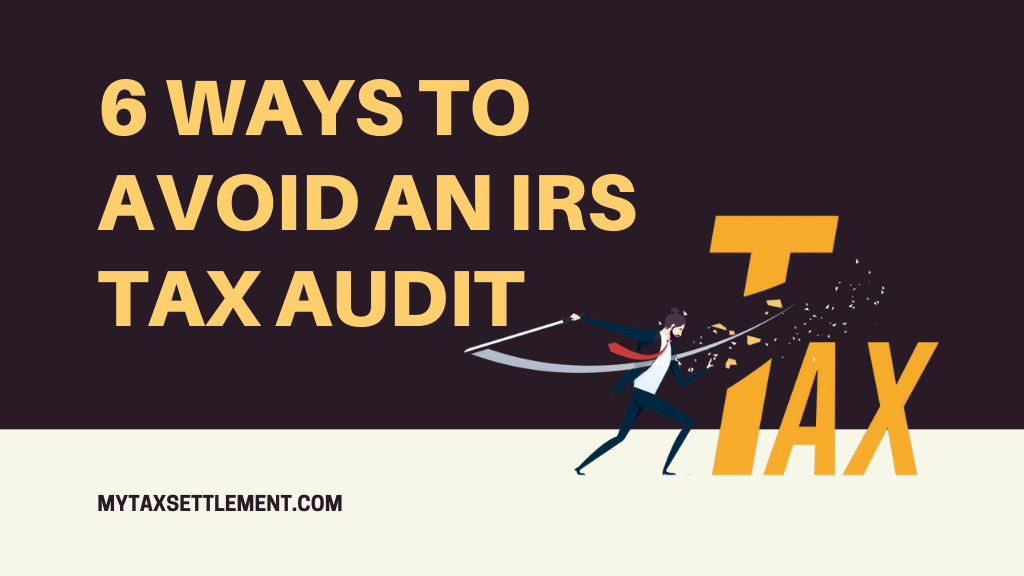The IRS could be identified as one of the most powerful organizations in the United States. The IRS is exclusively responsible for collecting government taxes, applying federal tax regulations, and imposing penalties for late, incorrect, or deceptive filings. As a result, the IRS poses one of the largest economic dangers to many, many people and business owners. For this reason, knowing how to avoid an IRS tax audit can be highly instrumental.
To sum it up, the IRS has distinct informative sources, legal standing, and a role as a law enforcement agency. In addition to that, the IRS additionally acts as a legislative-originating authority with a huge quantity of liberty to make mistakes without consequences (no person can penalize the IRS for inaccurate tax accusations).
So what can we do to minimize the IRS’s over-inflated buildup of power and protect ourselves from its possibility for financial wrath? While every tax circumstance and scenario is unique, there are specific practices a taxpayer can execute to minimize the probability of facing a tax audit or another enforcement activity.
In this post, we provide 6 sure-fire ways to avoid an IRS tax audit. If you follow these 6 rules of thumb, you will make sure to stay out from under the scrutiny of the IRS. And, if by some chance you still become attract an IRS tax audit, you will be more likely to defend your
Do you have 5k+ in Tax Debt with the IRS or California (or any other state, for that matter)?
Here are the 6 sure-fire ways to avoid an IRS tax audit
- Take Preventative Measures by Working with an Accountant
- Maintain accurate tax records
- Aim to be Transparent & Don’t Tax Dodge
- Don’t Miss Filing Deadlines
- Use Only Verifiable Numbers
- Seek Guidance at the First Sign of Audit
Let’s dig further into each of the 6 and get a clear picture of what each means.

1. Take Preventative Measure by Working with an Accountant
There are two things we want to mention before digging into this topic.
- Tax filing tools and software, like TurboTax and TaxAct, are smart and adaptable, but lack the oversight and strategic direction of an accountant or CPA, which is especially helpful for those who have complex finances.
- Although these softwares try to be as clear as possible, they cannot prevent YOU from altogether misunderstanding a question or making a mistake that could come back to bite you.
An accounting professional can surely assist you to become organized. He or she can advise you on the best way to keep documents. An accountant can help you prepare profit-and-loss statements to make sure that you can see just how much money you are making and where your finances is going, and also help prepare for just how much tax you might owe. He or she can advise you regarding what is (or is not) deductible for tax purposes, along with the very best means to validate and also increase your genuine deductible expenditures.
Most notably, an accountant can keep you in tax filing compliance. Think it or not, one of the most usual reasons that individuals attract internal revenue service scrutiny is since they fell short to satisfy routine filing requirements.
2. Maintain Accurate Tax Records
Keeping effective records is one of the most important parts of your duties as a taxpayer. Usually, you have to keep records and supporting records for at the very least 3 years after you file a return. These records record what you will assert on your income tax return, including:
- all your sources of income,
- the overall of any type of withholding and estimated tax payments you make,
- the expenditures you may be qualified to deduct.Your good recordkeeping also helps you figure out which important credits and deductions you get and offers paperwork if we ask you for added details.
At the start of each tax year, prior to you asserting a credit or itemized deduction, review these lists to make sure you’re keeping the documents you need to obtain the credits deductions you deserve. Each list includes in-depth details about the proof you need if you need to send additional details after you file.
3. Don’t Tax Dodge & Aim to Be Transparent
Usually, tax evasion situations on legal-source income begin with an audit of the filed tax return. In the audit, the Internal Revenue Service discovers errors that the taxpayer intentionally and willingly submitted. The error amounts are normally huge and also happen for several years – showing a pattern of intentional evasion.
Here’s more concerning what the IRS looks out for:
Unreported earnings
This is the most significant problem that brings taxpayers under criminal investigation. This consists of overlooking particular deals, like the sale of an organization, or whole income sources, such as income from a side business. This concern has obtained lots of gig economy workers in trouble with the IRS, when they neglect income from their side hustle.
Dodgy behavior throughout an audit
Individuals who make incorrect statements or intentionally hide records (such as checking accounts) from an internal revenue service auditor are headed for criminal prosecution. The IRS these behaviors “badges of Fraud.” They’re red alerts that suggest tax evasion.
4. Don’t Miss Filing Deadlines
When you miss a tax deadline and owe to the IRS, you should file your tax return ASAP. Every day your tax return is late, the IRS typically charges interest, failure to file penalties, and failure to pay penalties until you file your return and pay the due balance.
| January 15, 2022 | 4th-quarter 2021 estimated tax payment due If you’re self-employed or have other fourth-quarter income that requires you to pay quarterly estimated taxes, get them postmarked by January 15, 2022. | |
| April 15, 2022 | 1st-quarter 2022 estimated tax payment due If you’re self-employed or have other income that requires you to pay quarterly estimated taxes, get your Form 1040-ES postmarked by this date. | |
| April 18, 2022 | Individual tax returns due for tax year 2021 The due date for filing tax returns and making tax payments is April 18, 2022. If you haven’t applied for an extension, e-file or postmark your individual tax returns by midnight. The Individual Tax Return Extension Form for Tax Year 2021 is also due on this day. | |
| Last day to make a 2021 IRA contribution If you haven’t already funded your retirement account for 2021, do so by April 18, 2022. That’s the deadline for a contribution to a traditional IRA, deductible or not, and a Roth IRA. However, if you have a Keogh, SEP, or other eligible plan and you get a filing extension to October 15, 2022, you can wait until then to put 2021 money into those accounts. | ||
| June 15, 2022 | 2nd-quarter 2022 estimated tax payment due If you’re self-employed or have other income that requires you to pay quarterly estimated taxes, make sure your payment is postmarked by this date. | |
| September 15, 2022 | 3rd-quarter 2022 estimated tax payment due If you’re self-employed or have other income that requires you to pay quarterly estimated taxes, make sure your third-quarter payment is postmarked by September 15, 2022. | |
| October 15, 2022 | Extended individual tax returns due If you got a filing extension on your 2021 tax return, you need to complete it and e-file or have it postmarked by October 15, 2022. | |
| January 15, 2023 | 4th-quarter 2022 estimated tax payment due If you’re self-employed or have other income that requires you to pay quarterly estimated taxes, get them postmarked by January 15, 2023. |
5. Only Use Verifiable Numbers – Avoid an IRS Audit by Avoiding Estimations
Don’t use estimated numbers on your taxes. If your numbers are repeated, too “round,” or look conspicuous for other reasons, that peaks interest from the IRS.
Think about what each number may look like to people who are paid to detect fraud. Round numbers may look like multiple expenses lumped together, which may make it easier for you, but the real question the IRS would have is: are these actually deductible?
Only use verifiable numbers – meaning numbers for expenses for which you have a paper trail for – to not arch a brow over at the IRS.
6. Seek Guidance at the First Sign of Audit
Don’t wait until you receive a notice of wage garnishment before you act!
Audits can be very easy to take care of in a lot of scenarios. If the IRS asks you to send them additional information or to pay additional tax on unreported income, you may only need to send the information to support your tax return. An example would be to send the EIN of the child care provider to get the child care credit.
However, if you do not agree with some of the issues the IRS brings up, seek help. As I said at the beginning of the article, the IRS can and does make mistakes with little to no oversight.
We would be happy to help you review any letters or audit notices from the IRS to parse out their meaning. Just go to mytaxsettelement.com, and click the Get An Appointment button in the right-hand corner. It is our catchall form that will go directly to a tax debt professional will to give advice and act on your behalf.
However, the part that gets people into trouble is when they don’t take action, or they lack the understanding that action is needed. If you get a letter from the IRS, you should call a CPA or an IRS tax audit representative to help you sort out what’s going on.
There you have it – 6 Sure-fire Ways to Avoid an IRS Tax Audit!

